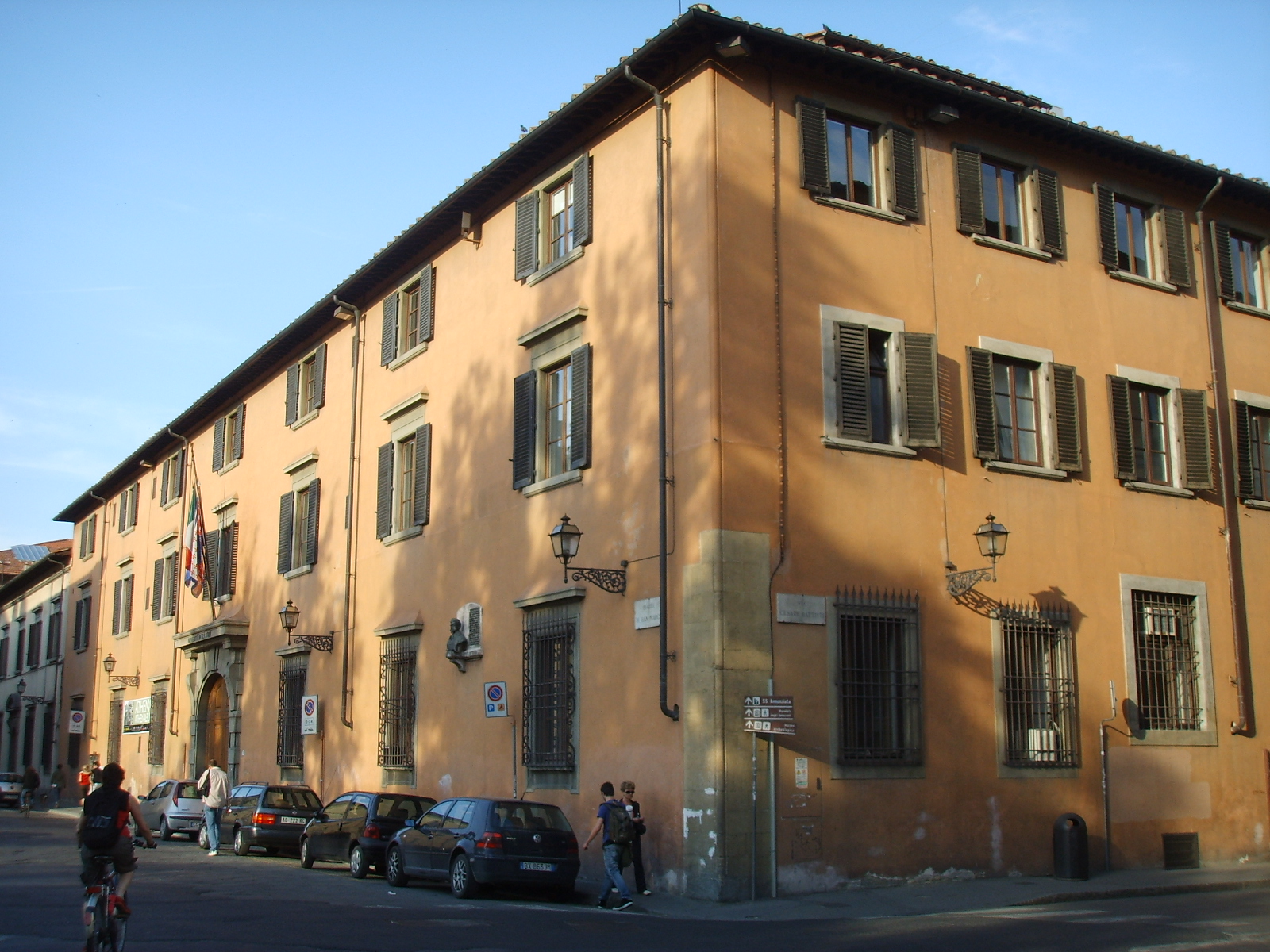UNIVERSITY – New boycotts from Florence and Pisa Guetta: “This is how science gets isolated”

“These boycotts stem from prejudice toward Israel and end up damaging both the worlds of culture and science. They isolate rather than promote a debate.” Dafne Guetta, a Physics professor at Ariel University (Israel), comments on the decision of some departments at the University of Florence to suspend relations with several Israeli universities. Ben-Gurion University, Tel Aviv University, and Ariel itself, where Guetta teaches and leads cutting-edge research in high-energy physics, are all in the crosshairs.
“A new dialogue had just started from Florence. We were working on an agreement with the Faculty of Medicine. We had already had an online meeting between the two departments, with great enthusiasm on both sides,” Guetta explained. Ariel University is at the forefront of some medical technologies, and its Florentine counterparty was interested in its simulation labs.
Guetta has already experienced the effects of the academic boycott. After the war in Gaza broke out, she was excluded from an international scientific collaboration in the field of neutrino physics—the KM3NeT project. “This is an example of how political tensions can directly interfere with research and the professional lives of scientists.”
Tensions are running high even within the Italian scientific community. “As a member of INAF, the National Institute of Astrophysics, I can tell you that there is clear distress in the internal discussions. People are talking about boycotting and there is little willingness to engage in dialogue.”
“Little is known about what goes on here. I mostly hear rhetoric,” Guetta noted. Few know that at the University of Ariel “30% of the students are Arab. In the civil engineering department, where I teach physics, the percentage is as high as 60%. Even among the faculty there are Arab colleagues. Coexistence is real and daily.”
Despite announced boycotts, collaborations between Italy and Israel in academia have not stopped everywhere. Guetta concludes with a concrete example: “The joint doctorate I am pursuing with La Sapienza University in Rome continues. The colleague I collaborate with has decided to keep going. The Department of Physics has not imposed any veto. This shows that one can go beyond ideological oppositions.”
A similar atmosphere exists in other Italian cities. In Pisa, Riccardo Zucchi, the university dean, announced the suspension of relations with the Hebrew University of Jerusalem and the Reichman University of Herzliya. He said the reason is that, in his view, they “maintain structural ties with the Israeli army” and “have publicly expressed support for the government’s work.”
In Turin, the Municipal Council recently approved a resolution committing the administration to suspend new collaborations or relations with the Israeli government.
d.r.
(Pictured, the Rector’s office of the University of Florence)
Translated by Alessia Tivan and revised by Matilde Bortolussi, students at the Advanced School for Interpreters and Translators of the University of Trieste, trainees in the newsroom of the Union of the Italian Jewish Communities – Pagine Ebraiche
